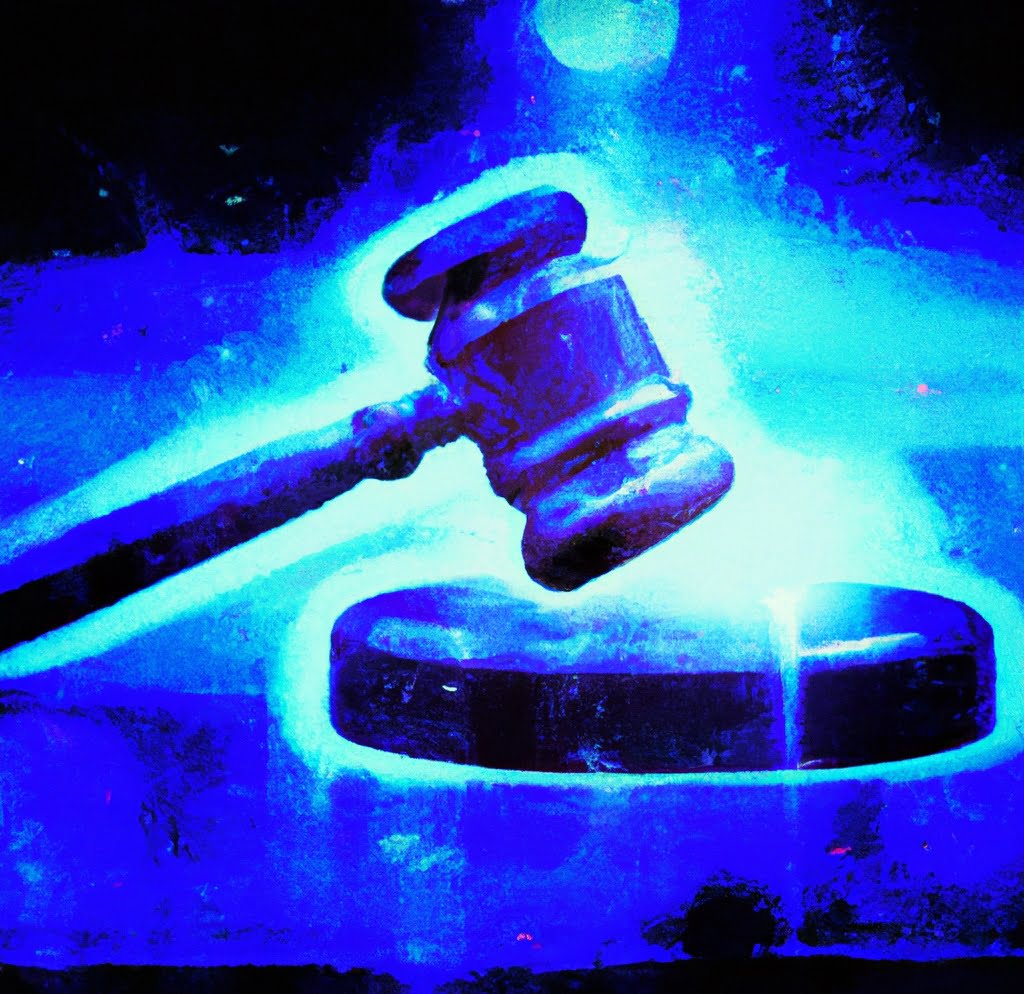Summary Case Conference

A summary case conference is a procedural requirement that occurs in relation to the prosecution of criminal charges that proceed summarily in the Magistrates’ Court of Victoria as per section 54 of the Criminal Procedure Act 2009. Usually, this step occurs on the first mention of the matter, where the lawyers for an accused can speak to the police prosecutors about the strength of the prosecution case, whether there is a defence to the charges, and whether the client will be pleading guilty or not guilty.
How does a summary case conference proceed?
The starting position of the prosecution generally proceeds with the assumption that the charges are correct, and that it is most unlikely an informant would have bothered filing charges unless they were thoroughly convinced a crime has occurred. Notwithstanding the inherent logic of this argument, there are often issues with the disclosure of material that the prosecution would intend to rely on in proving their case. Further to this, there can be defenses that have not been considered or issues that affect the admissibility of evidence which may cause the prosecution to fail. It is also the case that where it is accepted that there is some criminal liability on the accused, a less serious alternative charge may be more appropriate.
Does the summary case conference take place at court?
Usually, the summary case conference will take place at court on the date of the first mention hearing. However, it is possible in some situations to have a summary case conference by telephone or zoom prior to the court attendance taking place.
What are the outcomes?
It is fairly common for matters to resolve at the first summary case conference through withdrawal of some charges, and pleas of guilty to others. However, where there is a dispute as to the strength of the case, it may not be possible to get an acceptable resolution at a summary case conference. Sometimes as discussed earlier, there may not be enough disclosure to allow an accused to decide whether the evidence is sufficient to prove their guilt beyond reasonable doubt.
In circumstances such as these, the matter may be adjourned to either a contest mention, or a contested hearing.